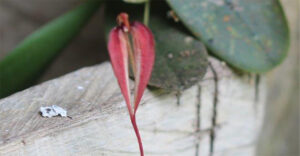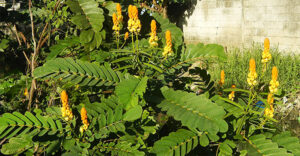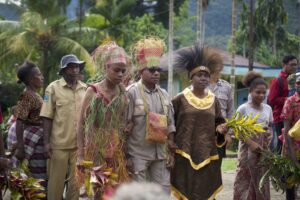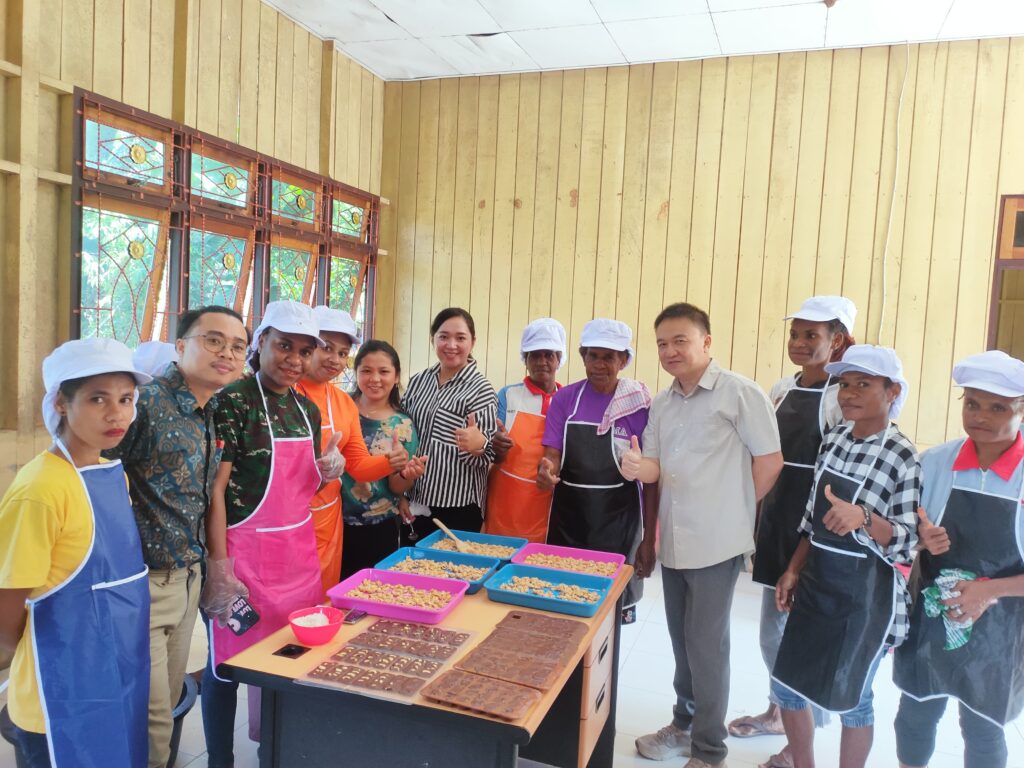
Cashew apples are one of the flagship commodities of Merauke, South Papua. Over 200 hectares of land have been used to grow cashew apples since 1997. Cashew farmers can harvest more than 1,000 tons per year. Usually, the harvest is sold as is because the local Papuan community lacks the skills to process the harvest into higher-value products.
EcoNusa Foundation, the Dahetok Milah Foundation (YDML), and Indonesian Protestant Church in Papua support cashew farmers by providing training on developing products from cashew apples and nuts. The training was held in Soa/Senayu Village, Tanah Miring District, on June 17-18, 2024.
Read Also: Membangun Kemandirian Masyarakat Adat Melalui Komoditas Keladi
Twenty women from Soa Village participated in cashew nut processing training. They learned how to transform raw cashew nuts into various snacks with flavors such as original, honey, chocolate, balado (spicy), honey sesame, salty, crispy flour, and spicy. Additionally, they learned to prepare cashews as sticks and milk.
Various Benefits of Cashew Nut Training for the Community
Besides enhancing community skills, the training is expected to provide many benefits. From a health perspective, regular consumption of cashew nuts can contribute to better health outcomes, such as improved heart health and reduced risk of chronic diseases. Cashews are a nutritious food source, rich in protein, healthy fats, vitamins, and minerals. Additionally, cashew cultivation can enhance local food security and diversify the food supply.
Socially, the training can foster community cohesion and cooperation in growing and processing cashew nuts. This can strengthen social bonds and collective resilience. For women and youth, it offers an opportunity to encourage more active participation in the local economy and decision-making processes.
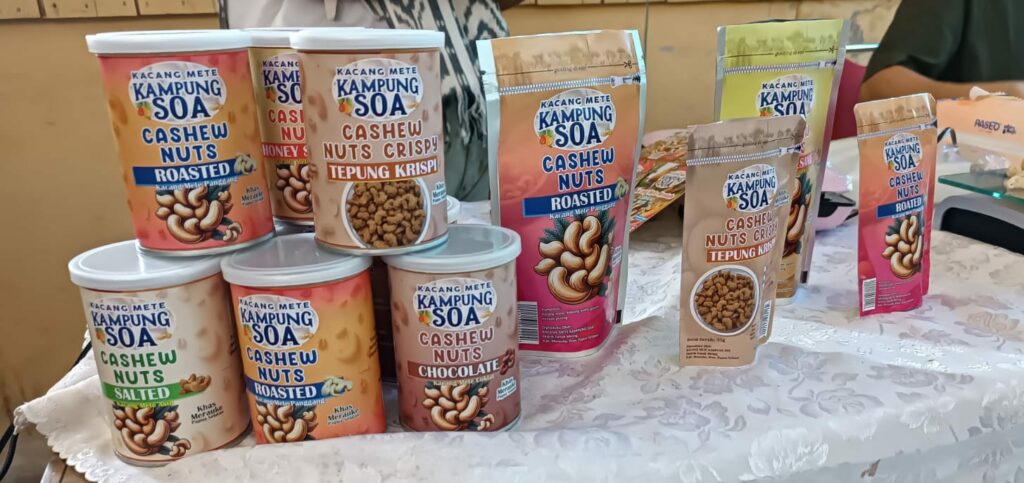
Economically, the training aims for the community to consistently produce processed cashew nut products, which could become a sustainable source of income for indigenous communities, enhance financial independence, and reduce poverty. With proper management and additional training in business development, marketing, and supply chain management, the community could access broader markets, including exports. The demand for cashews remains high in the global market.
According to data from the Ministry of Agriculture, cashew nuts are among the most traded nut products worldwide and are considered a luxury commodity compared to peanuts or almonds. The average annual export value of cashew products from Indonesia between 2017 and 2020 was US$119,938.25. In 2020, the export volume for cashew nuts and cashew kernels was 85,584 tons, with a value of US$149.75 million.
Read Also: A Travel Note: White Copra Production Training in Kaimana
From an environmental perspective, if the community can derive more benefits from cashew apple trees, they will be more inclined to cultivate these plants better. Cashew trees are relatively resilient and can grow in marginal soils where other plants might not thrive. This makes them a reliable and sustainable long-term livelihood option for indigenous communities.
Community Seeks Support from Local Government
Mama Clara Berenun, one of the training participants, expressed that the activity has the potential to increase the income of women in Soa Village. She also thanked for the training provided. “This training is beneficial for us,” she said.
Read Also: Vanilla, A Source Hope for Improving Communities Income
Bapa Bernadus Kani, Secretary of Soa Village, hopes that the production of cashew nuts will enable the community to meet their household needs and fund their children’s education, helping them achieve their aspirations. He also requested that the Merauke local government create programs to facilitate the marketing of Soa’s cashew nut production to other regions.
Once the cashew nut market opens, it is hoped that the community will become more attentive to their cashew trees. This would allow for the rejuvenation of cashew trees and prevent the conversion of cashew land into sugarcane fields or other crops. “We hope the community can use their yard space to plant more cashew trees,” said Bernadus.
Editor: Nur Alfiyah


